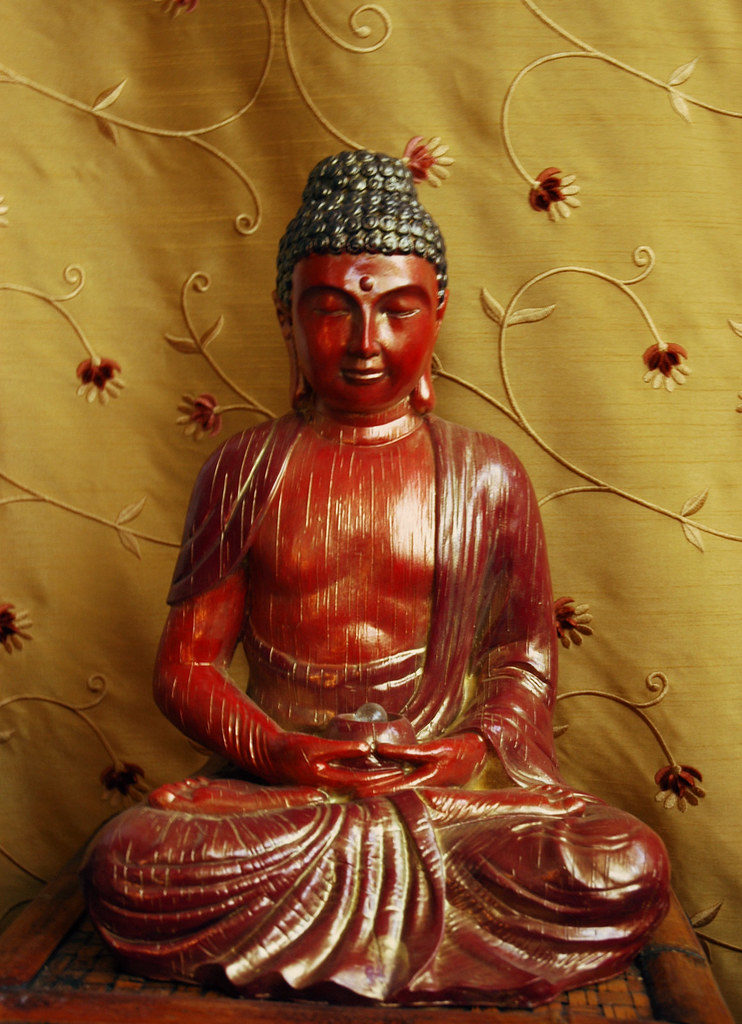Centuries before becoming a major Buddhist concept Karma was a central theme in what we now call Hinduism. The word “karma” translates to “action” or “deed”. Thus, simply put, Karma is the sum total of one’s deeds. It’s like a bag a person carries around that contains everything one had ever done, good and bad.

However, for the Buddhists, it’s not just what one actually does, i.e. the action that one performs, that goes into one’s Karma “bag.” Thoughts, desires, and, very importantly, a person’s intentions are also part of Karma.
As much as we might hate to admit it, we often say one thing and think another or perform certain praiseworthy acts out of selfish or unsavory motives. No one can verify our thoughts or check our intentions, so we sometimes feel that we can get away with certain private indiscretions.
Well, that would not work for a Buddhist because it doesn’t matter whether someone is aware of what you are doing or thinking, it’s all still part of your Karma. And good Karma will be a helpful thing to you while bad Karma will be a real burden.

Buddhism is a religion of personal responsibility. It holds an individual accountable for all conscious activity, whether private (e.g.: thinking, wishing, desiring, etc.) or public (e.g.: speaking, working, etc.). This requires awareness, intelligence, and diligence. Of course, patience is also needed as is temperance, if one is to succeed.
Why is so much emphasis placed on one’s deeds?
Because improving one’s Karma brings one a step closer to obtaining Nirvana a blissful state of existence and the ultimate goal of Buddhism. The better a person’s Karma the closer he is to unlocking the mysteries of the Universe and to achieving liberation from the miserable endless cycle of reincarnation.





